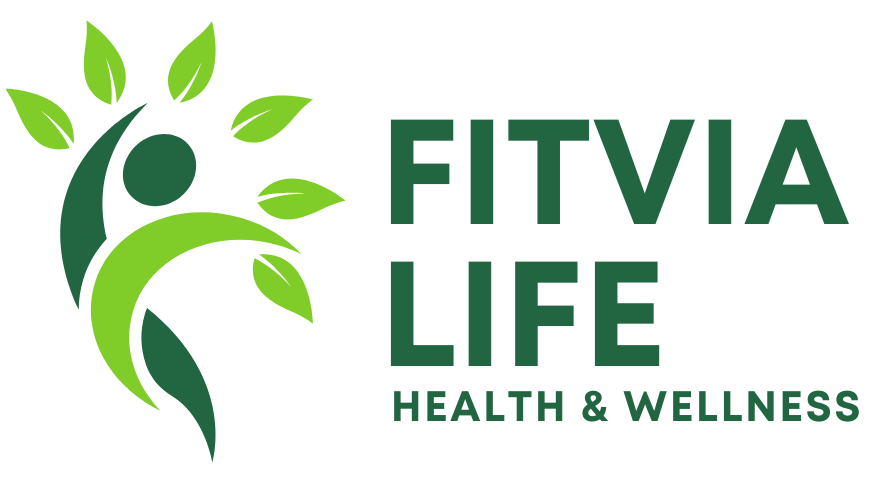Emotional Balance: The Key to a Healthy and Productive Life
In a fast-paced world filled with endless distractions, emotional balance has become more than just a luxury — it’s a necessity. Whether you’re managing a career, a family, or personal goals, your ability to stay emotionally grounded influences every aspect of your life. In this article, we’ll explore what emotional balance really means, why it’s essential, and how you can cultivate it for long-term wellness and success.
What Is Emotional Balance?
Emotional balance is the ability to maintain mental stability and calmness, even when faced with stress, pressure, or challenging situations. It doesn’t mean ignoring emotions; it means managing them effectively without being controlled by them.
Benefits of Emotional Balance:
- Improved decision-making
- Better relationships
- Reduced anxiety and depression
- Stronger immune system
- Increased productivity
Why Emotional Balance Matters in Daily Life
Modern life is full of emotional triggers — from social media comparisons to financial stress. Without emotional regulation, we easily become overwhelmed, reactive, or emotionally drained.
When you develop emotional balance, you:
- Respond rather than react
- Set healthy boundaries
- Feel more connected to your goals
- Enjoy more peace of mind
Emotional stability is directly linked to mental clarity and overall happiness.
Signs You’re Emotionally Balanced
- You can accept both positive and negative emotions
- You’re not easily thrown off by criticism
- You practice self-reflection regularly
- You bounce back from setbacks with resilience
- You handle conflicts without escalating them
Practical Tips to Improve Emotional Balance
1. Practice Mindfulness Daily
Mindfulness helps you stay present and aware of your emotions without judgment. Even 5 minutes a day can reduce stress and increase calm.
2. Prioritize Sleep and Nutrition
Poor sleep or diet affects your mood and emotional stability. Aim for 7–8 hours of sleep and a diet rich in omega-3s, whole grains, and leafy greens.
3. Journal Your Emotions
Writing down your thoughts helps you process feelings and gain insights into emotional patterns.
4. Limit Digital Overload
Too much screen time, especially social media, can lead to emotional comparison and burnout. Set screen limits or take digital detoxes.
5. Move Your Body
Exercise releases endorphins, natural mood boosters that help regulate emotions.
6. Seek Professional Help When Needed
A therapist or coach can provide tools to help manage emotional ups and downs more effectively.
Emotional Balance at Work and in Relationships
- At work, emotional balance leads to:
- Better communication
- Conflict resolution skills
- Effective leadership
- More focus and less burnout
- In relationships, it fosters:
- Empathy
- Patience
- Healthy boundaries
- Deeper connection
Final Thoughts
Emotional balance isn’t about suppressing your feelings; it’s about understanding them and responding with awareness. By integrating simple daily practices, you can build resilience, increase joy, and lead a more fulfilling life.
Remember: Emotional balance is not a destination — it’s a daily practice.
Read: Best Supplements for Mental Focus in 2025 | Fit Via Life
Tired Girl Makeup: The Viral Trend Redefining Beauty Standards in 2025

